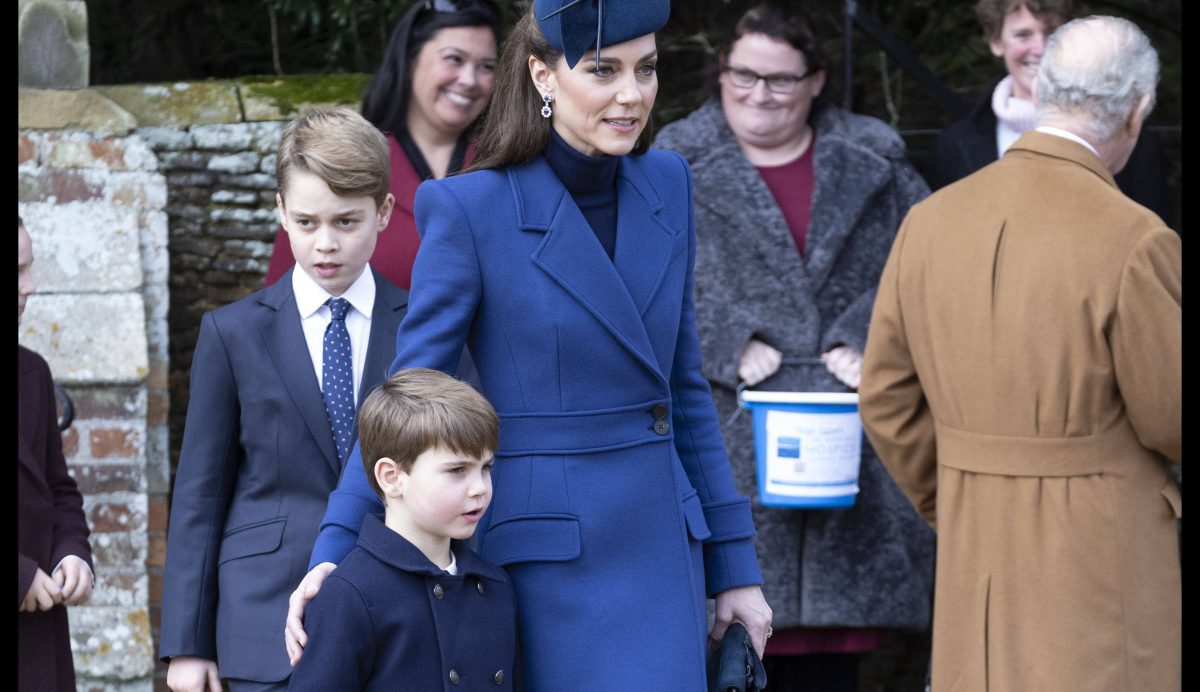According to the two institutes’ calculations, Vucic received 59.8 percent of the vote on Sunday, while his strongest rival Zdravko Bonos received 17 percent. So Vucic could start his second term in a row.
In Parliament, Vucic’s SNS party ranked first with 43.6%, followed by Parteu Ujedinjeni with 12.8%, Ipsos and Cesid explained. The National Elections Commission announced that the first predictions based on the counting results and voter turnout data will not be published until Monday evening.
Early presidential and parliamentary elections were held in Serbia on Sunday. According to the Serbian civil rights organization CRTA, the turnout was 55.1 percent one hour before the polls closed. Several opposition politicians reported voting irregularities. The Organization for Security and Cooperation in Europe (OSCE) wants to comment on this on Monday.
The nationalist Vucic has been in charge of politics in Serbia since 2012. Parliament, which is dominated by his Serbian Progressive Party (SNS), was elected only in 2020. Vucic had introduced the new elections in order to ensure the dominance of the SNS by merging them with the presidential election. He would like to lead his country into the European Union, but so far has also tried to maintain good relations with Russia – recently despite the Russian attack on Ukraine.
For the first time, Serbs from Kosovo were not allowed to participate in Serbian elections in their place of residence, but had to travel to Serbia to vote. The reason for this is the lack of agreement between Belgrade and Pristina regarding the conduct of voting in the territory of Kosovo. A large number of buses and private cars traveled with Kosovo Serbs to Serbia to vote on Sunday without incident.
So far, ethnic Kosovar Serbs have been allowed to vote in Serbian elections in their homeland – thanks to the mediation of the Organization for Security and Cooperation in Europe (OSCE). This time there was no such procedure. The Prime Minister of Kosovo Albin Kurti had asked the government in Belgrade to contact the government directly in Pristina about this matter. However, this was rejected by the Serbian government as it sees this move as an indirect recognition of Kosovo as a state.
Kosovo, which is predominantly inhabited by Albanians, broke away from Serbia in 1999 after NATO intervention and declared its independence in 2008. So far, Serbia has not recognized this and continues to claim the territory of the state recognized by Germany and most other EU countries. (AFP/SDA)

“Tv specialist. Friendly web geek. Food scholar. Extreme coffee junkie.”




More Stories
Pedro Sanchez is considering resigning after filing a complaint against his wife
Extreme heat warning in Thailand and the Philippines
Hovering at 600 km/h: Japan's new bullet train delayed